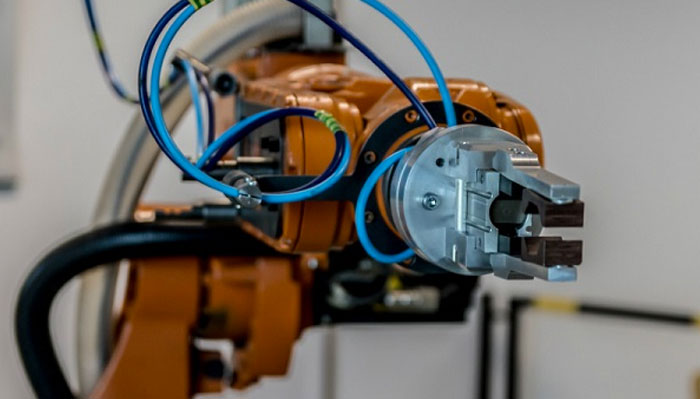Energy is a key element for development, as it allows the progress of companies, the generation of jobs and the flow of investments; however, it is one of the most polluting industries. Energy saving, in this sense, represents a benefit for the environment, as well as for the preservation of non-renewable resources.
Electrical energy is a fundamental element in our daily lives. In a digitalized and industrialized world like the one we live in, it is unthinkable not to have electricity, since we depend on it to carry out a large part of our activities and to have a better quality of life. Nowadays, we are just a button away from obtaining images, sounds, lighting, heat or cold, but we hardly stop to think about where it comes from, let alone the benefits of using it in moderation.
Electricity is produced in power plants capable of obtaining energy from primary sources. These primary energies can be renewable; such as wind, solar radiation and water, or non-renewable; such as coal, natural gas and oil. Although many countries are already undergoing an energy transformation towards clean energies, most of the consumption is still destined to non-renewable energies (73 percent).
According to data from the World Energy Statistical Yearbook 2020, 31% of energy comes from oil, 26% from coal and 23% from gas.
In this sense, non-renewable energies, coming from fossil sources, have a significant impact on the environment. Firstly, they lead to the overexploitation of resources that may one day run out, and secondly, they emit a large amount of greenhouse gases into the atmosphere, which lead to global warming of our planet. For this reason, energy saving is a fundamental element in the use of energy resources.
In addition, energy saving benefits both thedomestic economy and the national economy, especially in countries that are highly dependent on foreign oil. Thus, by reducing consumption, it helps to mitigate such energy dependence.
Energy saving tips
- Unplug electronic devices when they are not in use.
- Turn off computer monitors.
- Keep on only the lights that are being used.
- Use energy-saving light bulbs.
- Take advantage of natural light.
- Use energy efficient appliances.
- Open the refrigerator door only when necessary.
- Efficient use of air conditioning.
- Opt for clean energies such as solar panels.
- Reduce the frequency of use of the television and other non-essential appliances.
Energy is a fundamental element for development. Without it, communities live with deficiencies in the most basic services such as health and education, and it also becomes a constraint for businesses and therefore for investors, leading to unemployment and poverty.
Universal access to energy is essential; however, according to World Bank (WB) data, close to 1 billion people still live without electricity, and hundreds of millions have a deficient supply. On the other hand, the most developed countries in their urbanized areas waste up to 98% of their energy.
According to figures from the Yearbook mentioned above, China accounted for 28% of the world’s electricity consumption in 2019, with a growth of 4.5% in 2019.
Source: bbva.ch






